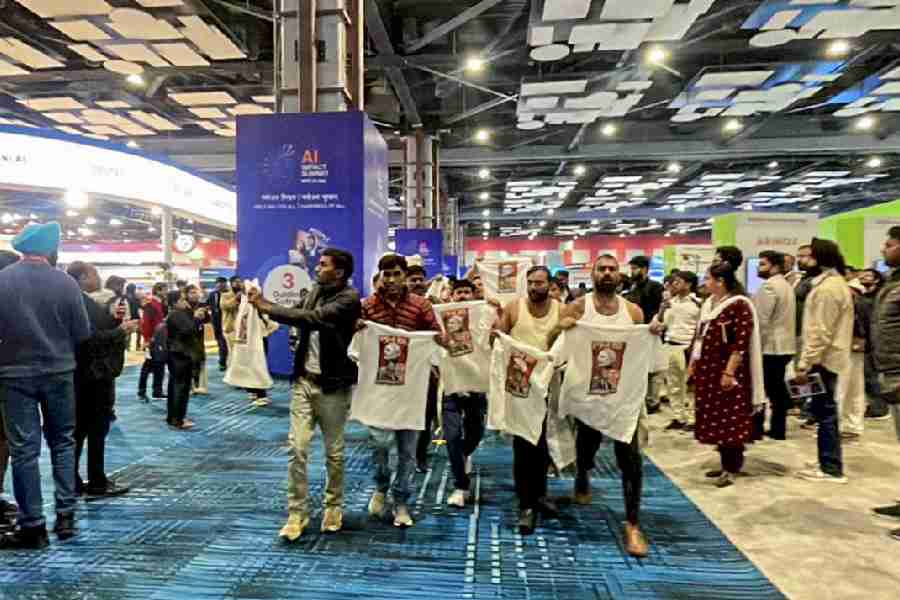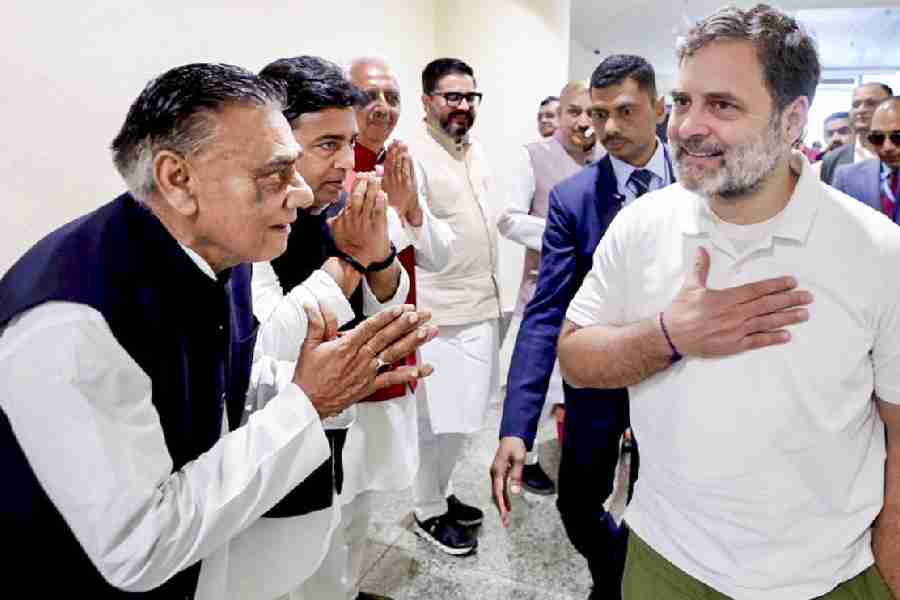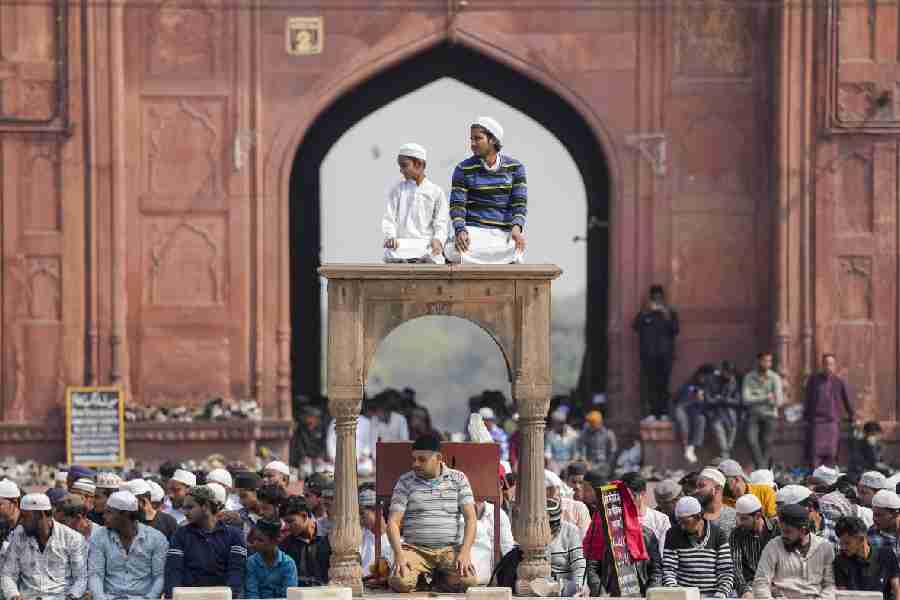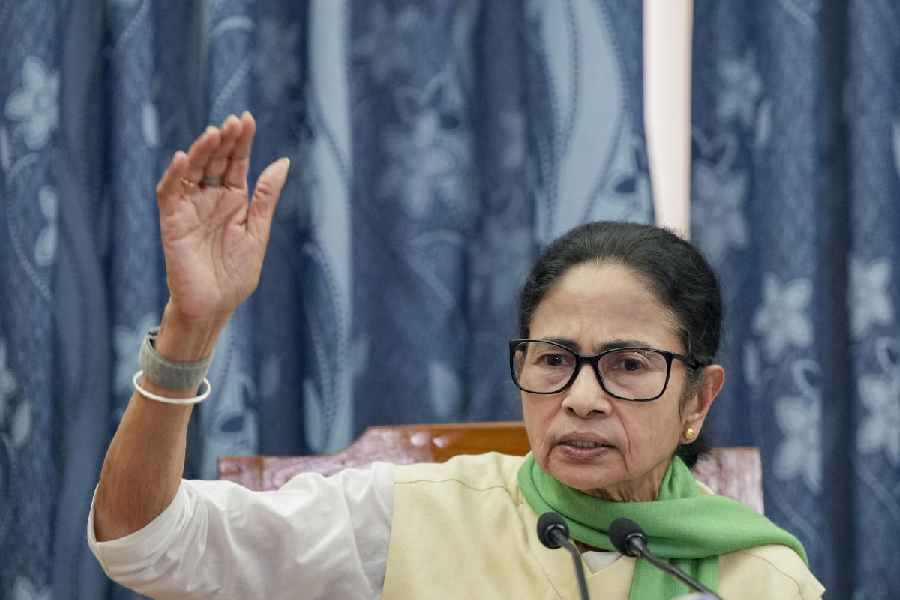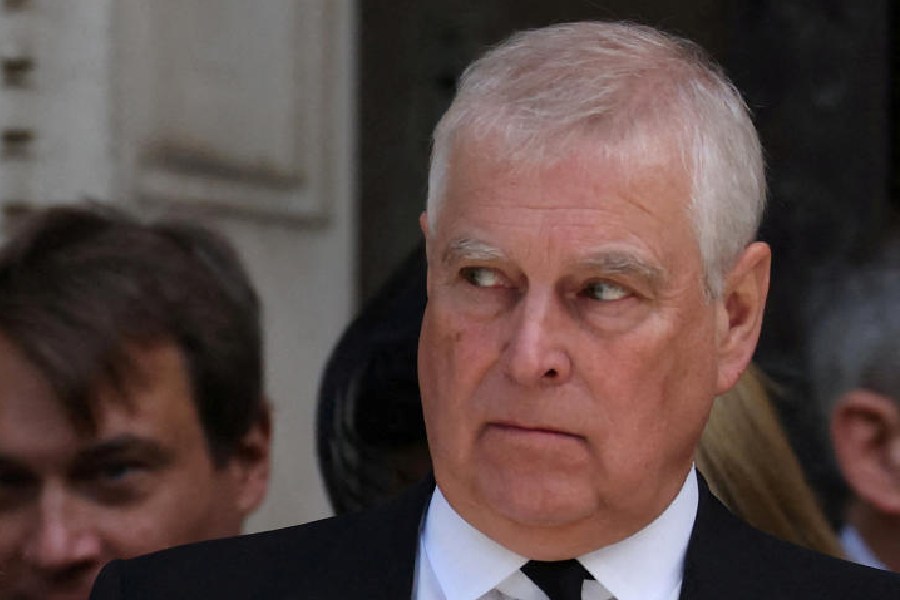|
|
| Across cultures |
I recently watched The King’s Speech at a south Calcutta multiplex. Having watched a Hindi movie in the same hall a week earlier, it was odd to be surrounded by an attentive audience with nary a mobile ring or bright BlackBerry screen to disturb my viewing. Well, people do say Calcutta is the last bastion of the King’s (or Queen’s) English of the kind Helena Bonham Carter’s future Queen-mum or the soon-to-stand-down Edward speak in the film. While England drowns in an Estuary whirlpool of dropped glottals (in private, apparently even Bill and Harry Wales speak ‘nawmull, like’ but there’s no proper proof yet, on YouTube or WikiLeaks) there are some people here, not even particularly old, who speak as though they have a complicated arrangement of similarly sized marbles and plums in their mouths and are deciding which orb to bite while discharging their English. But, while Calcutta may have more than it’s fair share of young fogeys channelling that old cricket commentator, Henry Blofeld (‘A jolly splendid cover-drive that, by young Ten-dyool-kaah from Moombaah!’), there are quite a few pompous gits scattered about all over India and the subcontinent. However, studying contemporary English speech develop in these parts, I have come to a different set of observations, if not quite a theory.
A friend has perceptively said that Calcutta/Bengal has proved to be the graveyard of every kind of capitalism, from Feudal-Exploitation to Early Colonial to Industrial Revolution to Peak Colonial to Post-Independence, adding the projection that soon the great jaws of this still-thriving, beautiful dinosaur will put paid to the ‘new’, ‘techno’ and ‘web’ capitalism too, masticating all profiteering-parasites and swallowing them into the deep, one-way stomach of history. While this may or may not come true, I certainly sense that Calcutta, (through its frontman ‘India’), is becoming the great game-shifter of the English language, just as the United States of America was in the last century. The city led the way in putting paid to the delusional bombast of the Thackerays, the oratory of the Disraelis, the Baldwins and the Churchills, and, more recently, the cadences, beautiful as they were, of the Oliviers, Gielguds and Scofields. We did this the way isabgol reportedly scrapes off bad cholesterol from arteries: by the simple dint of attracting, attaching, mimicking, mutating and then, finally ejecting all these alien Ingrajis; first we got them to engage with us and teach us, then we mimicked them, then our mimicking became so patently, grotesquely absurd that it, and everything linked to it, had to go the way of the gas-lamp and the fax-machine. We may not have been able to clean out our municipal sewage system but, from time to time, we have certainly given the clotted pipes of English speech in South Asia a good seeing to, therefore setting an example and presenting a working model to the rest of the non-Anglo world.
While people get busy telling me this is far-fetched nonsense or that today is not this year’s April 1, let me try a couple of alternative tacks.
When someone tells me I have a slight “Bengali” accent to my spoken English, my first reaction is to cringe. The second is to ask — “which Bengali-English accent exactly? There are many!” The third is to insist that I have what I call a ‘neutral Indian’ accent, that is an English accent from which you can’t tell where in India I’m from, at the same time being in no doubt that someone speaking like me can only be from India or, at most, the subcontinent.
Actually, there is nothing ‘neutral’ about this neutral Indian accent and it is actually now becoming quite rare. Aided by recordings, historians of speech may one day be able to say that this is an English speech that developed in late-raj India and lasted across 80 to 100 years. They would note that the N-I accent was usually the preserve of children of the new elite of academics, scientists, bureaucrats and intellectuals, and developed with slight regional variations in no more than say 50 schools and about 15 colleges across the newly independent republic. In the bunch of historians studying this, there will possibly be a small but articulate group arguing that the N-I is actually a non-South Indian accent, developed in the triangle formed by Delhi, Bombay and Calcutta, whereas similar Southy elites had a ‘South-Indian-Neutral’ accent (you could tell they were from the ‘Soudh’ but not where in the south). They will also note that the Neut-In and South-In-Neut accents had decreasing purchase among generations born after the TV and then the computer and net revolutions in India, from which time the Amerinternational twang, acronym-heavy and complete with different spores of up-speak, held much more sway.
To give you one example of the Neut-In accent: if you listen to two very different people, Vir Sanghvi and Aamir Khan, speaking English you can actually tell they are both from Bombay but not Maharashtrian — neither puts four syllables in “Ved-uh-nuss-day” like Sanjay Manjrekar does and neither do they work to consciously erase those syllables like Rajdeep Sardesai. But there is an audible difference in class, albeit horizontal: Sanghvi was clearly born culturally privileged, surrounded by educated English-speakers while Khan was possibly born reasonably wealthy and went to the best schools. Khan would say ‘V/Wedn’sday’ while Sanghvi would say it closest to the ‘correct’ English — ‘Wenzday’ (unless he was slumming it and interviewing politicians from Uttar Pradesh and suchlike). That difference apart, both Sanghvi and Khan roll their ‘r’s and dismember syllables in a way that is almost pure Delhi. They arrive at this from different routes: Khan unconsciously mimicking Delhi-educated Ketan Mehta, who he worked with at an early stage, and Sanghvi because he went to Mayo College where, all else being equal, the spoken English was very heavily Dillified. The point is, unlike with Manjrekar, you can pinpoint Bombay/Delhi in Khan and Sanghvi but not their ethnicity. Again, a plummier version, what you might call a ‘cut-glass’ Indian accent, can be found when you hear Karan Thapar speaking and it registers exactly and precisely over the accent of the Brit-Pakistani leftist intellectual, Tariq Ali. Their accent is, by default, upper-class English-nasal crossed with northern-subcontinent, with the metronome of an army funeral band, with every sibilant carved out by a tongue chiselling across the palate. Very different politics but clearly the same sharp canings during the same cold morning showers in similar public schools.
Across the next few decades, even as the Queen’s English, not to mention Queens and Kings themselves, disappear from the planet except in historical recordings, a mangled fission of Englishes, the rogue fuel-rods melted and bent by societal pressures, will take over as the world’s lingua firanga. It’s a good bet that by then our own elite N-I and S-I-N accents will also be fading out. What we, as a “world power”, have to then make sure of is that this spoken currency does not have the stamp of Amerinternational or, god forbid, even worse, the Germano-Dutch version of Amerint. Let the Chinese have some of the commanding heights of the economy for a few years but we must make sure we spread our language, whatever we have forged as Indenglish, as the main world-bhasha. It has to be like that only, otherwise we would be seriously suffering very badly.
In The King’s Speech, there is a scene where Colin Firth’s soon-to-be-monarch, Bertie, is watching Hitler deliver a screaming speech on a newsreel. “What is he saying?” asks one of his daughters and Bertie replies, “I’m not sure, darling, but whatever he’s saying he’s saying it rather well!” In Bertie’s eyes is the telling admiration of a chronic stutterer for someone to whom spoken words come in a torrent, no matter how poisonous their import. It is an instructive moment for all those of us who were taught to value erudition, eloquence, enunciation, articulation and cadence in public speaking. As West Bengal seems on the verge of acquiring its first chief minister not burdened with a college education or fluent English, we would do well to remember that no accent is neutral and no public speech is apolitical. Whatever accent we are blessed or burdened with, we should also never forget that he or she who communicates will always win over she or he who is merely “well-spoken” and in that sense, Bengal, the last bastion of many things, may yet see off yet another batch of obsolete languages, thus preparing us for the future.






